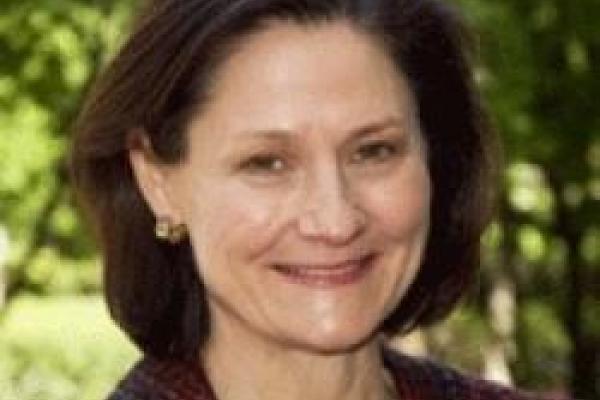
“Bring It On: The Future of Penal Reform, the Carceral State, and American Politics”
Abstract
Mass imprisonment and its growing collateral consequences are deeply entangled in the political, economic, and social fabric of the United States. But we must resist the belief that the only way to raze the carceral state is to tackle the "root causes" of crime—massive unemployment, massive poverty, and unconscionable levels of social and economic inequality stratified by race and ethnicity. Ameliorating the deeper structural problems that foster such high levels of inequality in U.S. society is an admirable goal. But if the aim is to slash the country’s extraordinary incarceration rate and undo its harmful collateral consequences over the next few years, not the next few decades, the root causes approach to penal reform, however well intentioned, is shortsighted. This presentation sketches out an alternative political and public policy path to begin dismantling the carceral state.
In recent years, the violent crime rate has dropped to near record lows. At the same time, there has been an explosion in the number of private citizens who obtain a license to carry a concealed firearm in public. There are now nearly eight million people with concealed carry permits nation-wide, and yet little is known about how they think about crime, threat, and self-defense. An analysis of in-depth interviews with 36 concealed handgun license holders in Texas suggests that while concealed-carry instructors explain threat in ostensibly race-neutral, colorblind language, license holders themselves utilize racialized and classed understandings of crime as they navigate public spaces. As this research makes clear, the way that license holders think about crime and victimization, including differences in how men and women explain threat, is a critical component in understanding the social implications of an armed citizenry.
Lecturer
Marie Gottschalk is a professor in the Department of Political Science at the University of Pennsylvania. She specializes in American politics, with a focus on public policy, including criminal justice, health policy, the development of the welfare state, and business-labor relations.
She is the author of, among other works, The Prison and the Gallows: The Politics of Mass Incarceration in America (Cambridge, 2006), which won the 2007 Ellis W. Hawley Prize from the Organization of American Historians, and The Shadow Welfare State: Labor, Business, and the Politics of Health Care in the United States (Cornell, 2000). She is completing a new book, Caught: Race, Neoliberalism, and the Future of the Carceral State and American Politics, which examines the political possibilities for significantly reducing the incarceration rate in light of mounting budgetary and other pressures.
She is a former editor and journalist and was a university lecturer for two years in the People’s Republic of China. In 2001-02 she was a visiting scholar at the Russell Sage Foundation in New York, and in 2009 she was named a Distinguished Lecturer in Japan by the Fulbright Program. She served on the American Academy of Arts and Sciences national task force on mass incarceration and is currently a member of the National Academy of Sciences Committee on the Causes and Consequences of High Rates of Incarceration. She has a B.A. in history from Cornell University, an M.P.A. from Princeton University’s Woodrow Wilson School, and an M.A. and Ph.D. in political science from Yale University.
